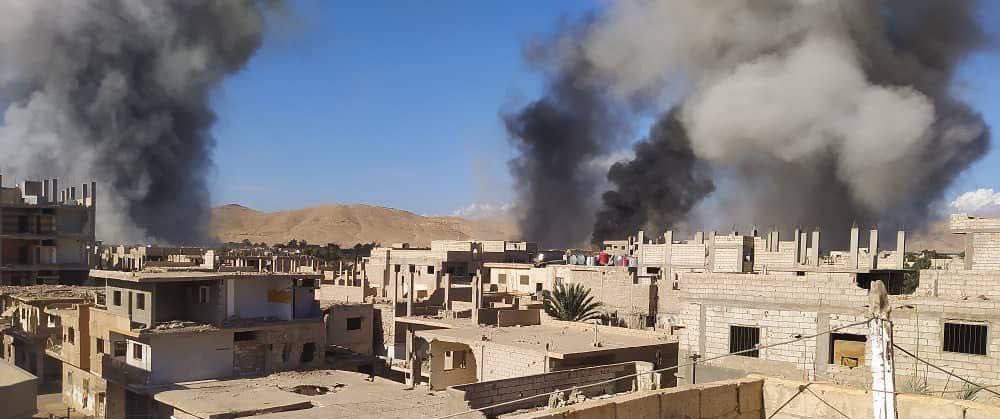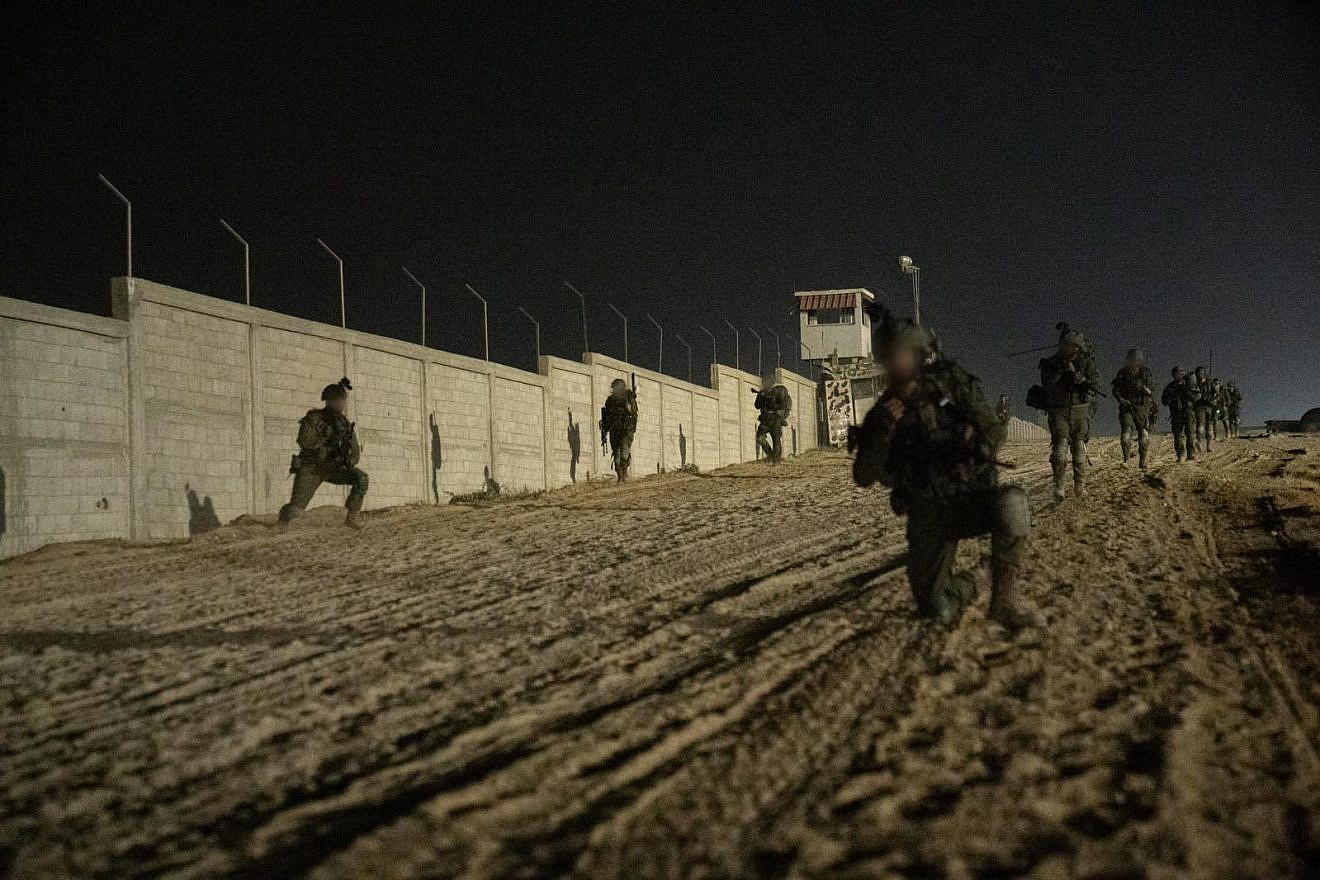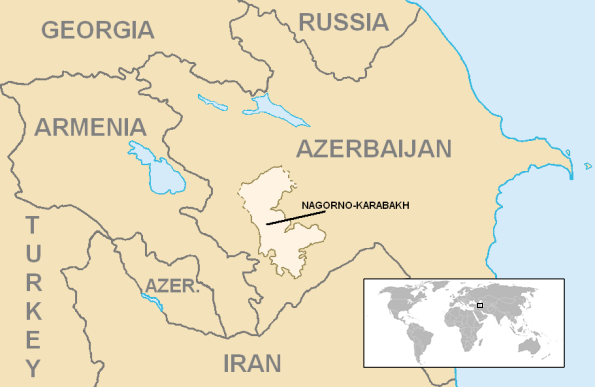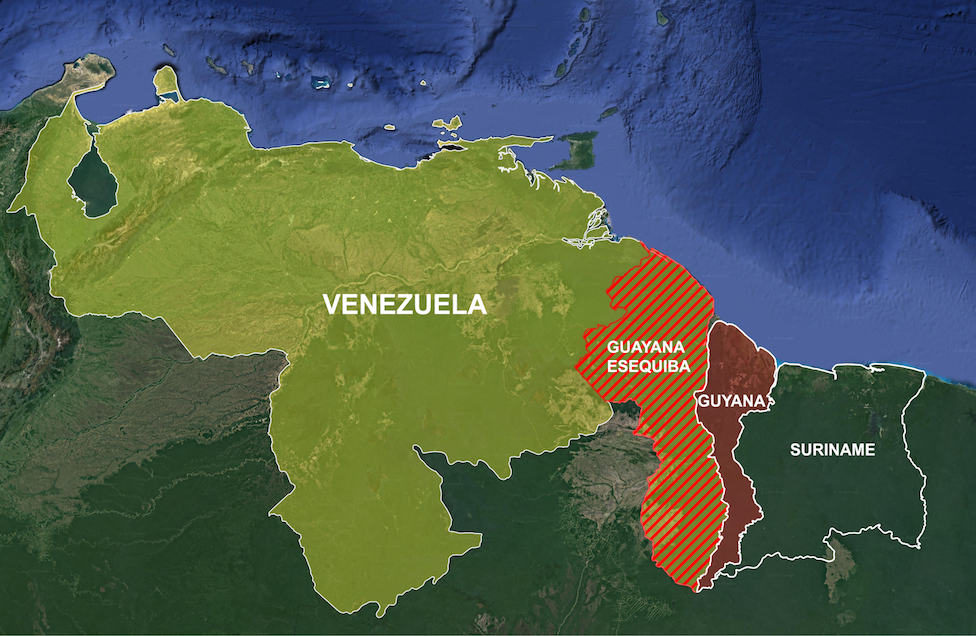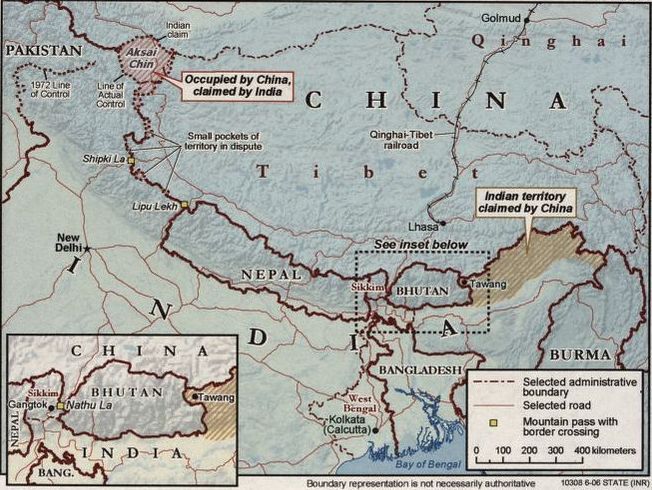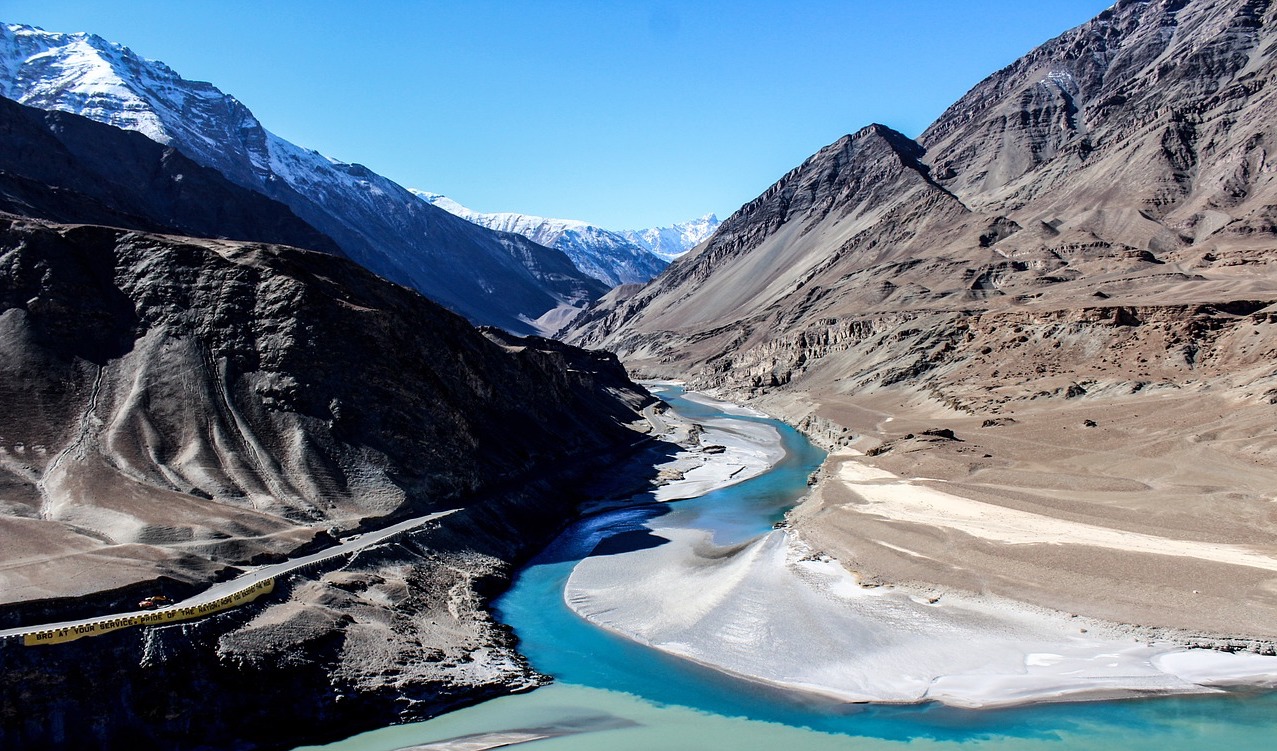
Delhi’s suspension of Indus treaty imperils regional stability
A militant attack at Pahalgam in Indian-administered Kashmir left at least 26 people dead, including Indian and foreign tourists. The incident prompted an immediate and strong response from the Indian government, which blamed the attack on Pakistan-based groups. Within a day, India announced that it was suspending the Indus Waters Treaty—a World Bank-brokered agreement signed in 1960 that governs the use and distribution of waters in the Indus River basin between the two countries. The treaty includes no provision for unilateral suspension or termination, and diplomatic tensions escalated following India’s move. The implications extend to water security within Pakistan, where it may mean intensification of domestic inter-provincial tensions over water sharing. (Photo: Heartography/Pixabay via Jurist)



